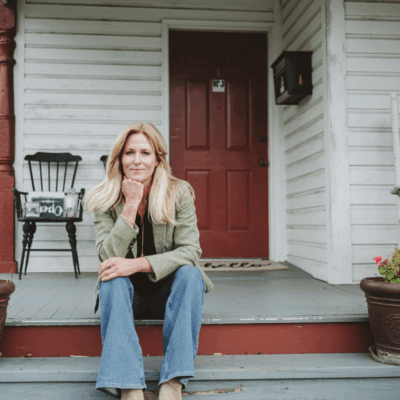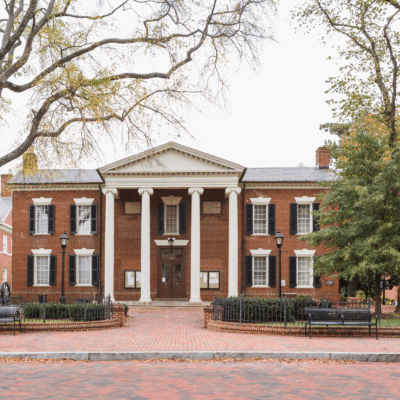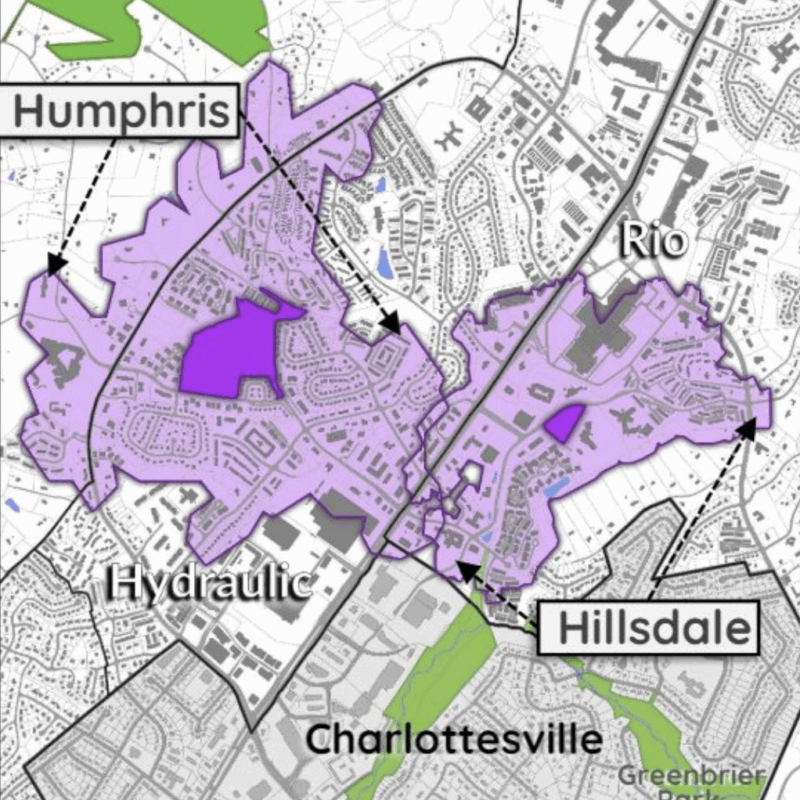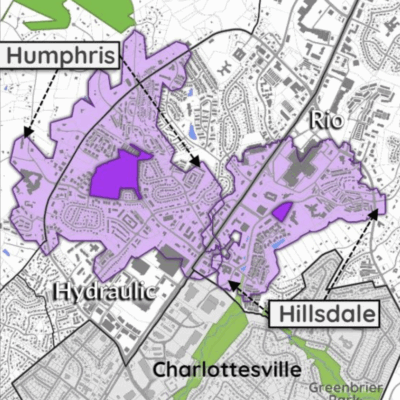Recently, the case of several Albemarle teens convicted of plotting to blow up their school has sparked lawsuits between media organizations seeking information and judges keeping the case on lockdown. The Daily Progress has already run photos and full names of two teens and, pending another court hearing, more info on the kids’ trials could be released. All of this journalistic activity raises the question: What, exactly, does Virginia law say when it comes to discussing (and printing) facts about troubled teens?
Juvenile privacy laws protect delinquent children in the same way they protect juvenile victims of abuse—meaning that social, medical and psychiatric records are closed to the public. A judge can also close court hearings, as local juvenile court judge Susan L. Whitrock did when she closed the proceedings that convicted the Albemarle teens in March. Whitrock did, however, release the trial’s outcomes.
But if a juvenile is 14 or older and charged with a felony, a judge can rule to make the trial public. A judge can also rule that “any person, agency or institution…having a legitimate interest in the case” be granted access. On August 8, Albemarle Circuit Court Judge Paul M. Peatross called for a separate hearing to determine if details in the Albemarle teens’ case should be released (a date for that hearing has not yet been set).
Juvenile privacy laws potentially affect a sizable number of area kids. In 2005, Albemarle County had 1,515 total juvenile “intakes”—children who were admitted to the juvenile justice system. The City had 1,183 intakes that same year, according to Rory Carpenter, who works with the Charlottesville Commission on Children and Families. Close to 60 percent of those kids weren’t delinquents, but victims in domestic situations, Carpenter says.
The spirit behind privacy for juveniles is that young delinquents get a chance to grow up and rehabilitate themselves. “Confidentiality is one of the most important values in the juvenile system,” Charlottesville Commonwealth’s Attorney Dave Chapman says. “A person turns 18, and the matters that have affected them during their life, that become a part of court proceedings, stay there and don’t follow them into adulthood.”
The decision to print juvenile offenders’ names and pictures is up to a paper’s editorial discretion. Chapman could not comment on any specific cases, but says “it’s a fairly complex matter that involves potentially civil and criminal issues.”
“The editorial decision is going to be guided by different values than a decision [the City] might make about the policy [it] would follow,” says Chapman. He says courts generally adhere to a strict view of juvenile privacy because “confidentiality is among the several highest principles” of juvenile law.
Chapman says newspapers should consult with an attorney about the ramifications of printing a name or picture.
The Daily Progress would not comment on their decision to run names and photos of the Albemarle teens. So far, local parents have been largely supportive of media attempts to gain information, saying the bombing case is an important community issue that should be aired.





